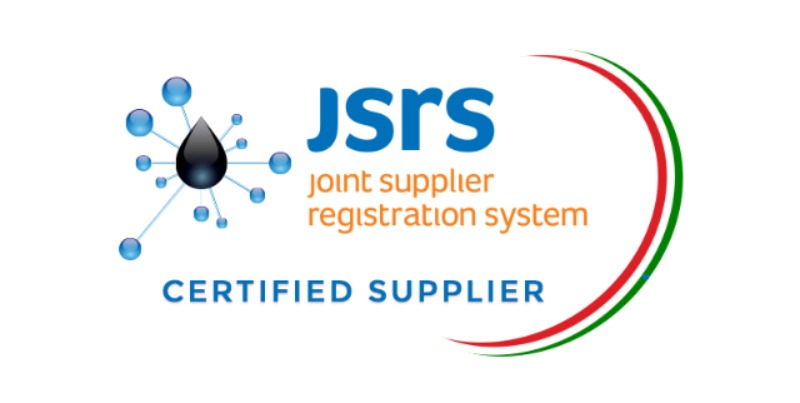- November 12, 2024
- Posted by: Murooj Al Alia
- Category: Uncategorized
Enhanced due diligence is a risk-based due diligence procedure that allows businesses to effectively handle transactions and customers that are high-risk while remaining compliant with the regulatory requirements. If properly implemented, it protects companies from severe legal penalties and reputational damage while ensuring that their Anti-Money Laundering (AML) and Customer Due Diligence (CDD) procedures are effective in combating financial crime.
EDDs are typically required when a customer or transaction is classified as high risk because of complex ownership structures or political risk. They could also be required if the customer is involved in an industry prone to financial crime or laundering. A significant change in the customer’s behavior, like an increase in volume of transactions or new types of transactions, may also require an EDD. In addition any transaction that involves a country or area with a higher risk of money-laundering or terrorism financing will require an EDD.
EDD is focused on identifying beneficial owners, revealing hidden dangers, like the true beneficiaries of a particular account or transaction. It also detects suspicious or unusual patterns in transactional behavior, and then validates the information using independent checks, interviews, site visits, and third-party verification. The risk assessment is carried out through a review of local market’s reputation using media sources, as well as an existing AML policy.
EDD is not only a regulation requirement; it’s an essential part of protecting the integrity of the https://warpseq.com/ global financial system. Implementing EDD procedures that work is more than just a matter for compliance. It’s an investment in the safety and security of the global financial system.




